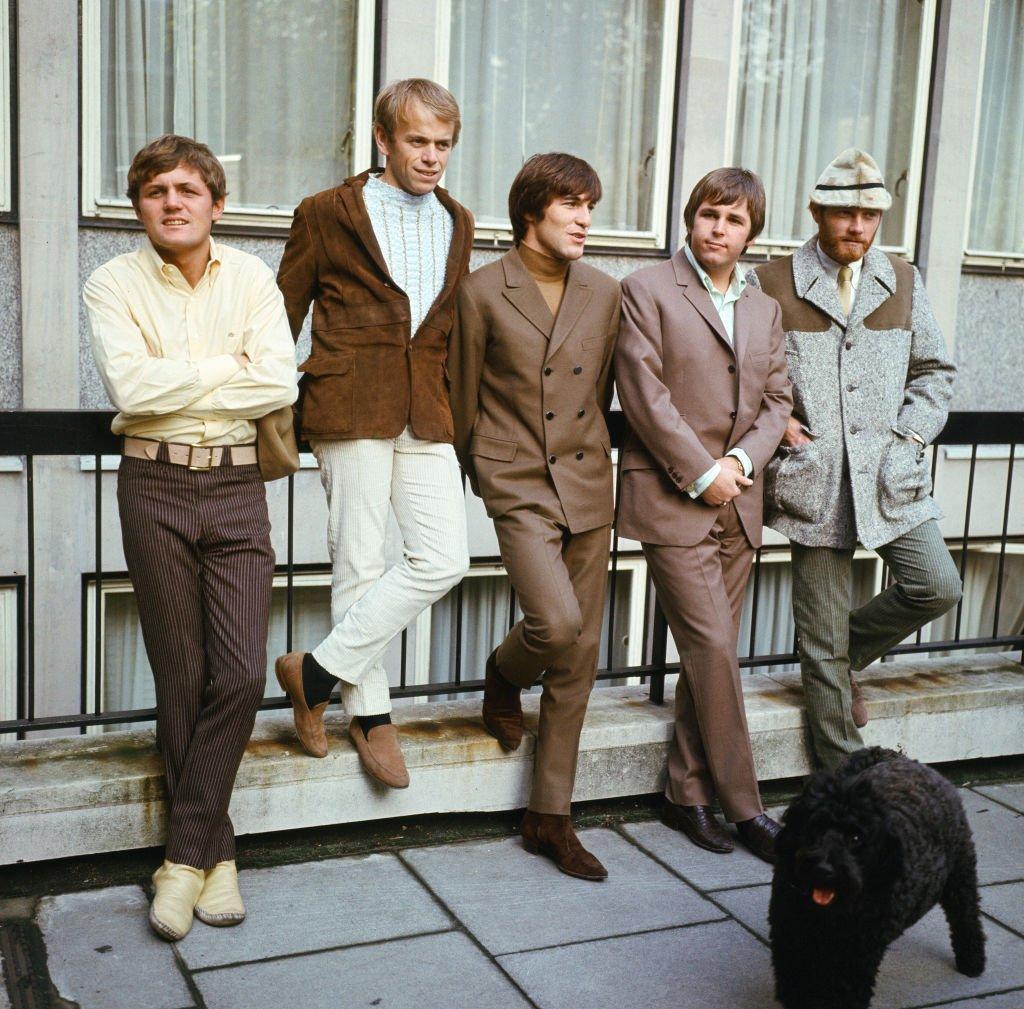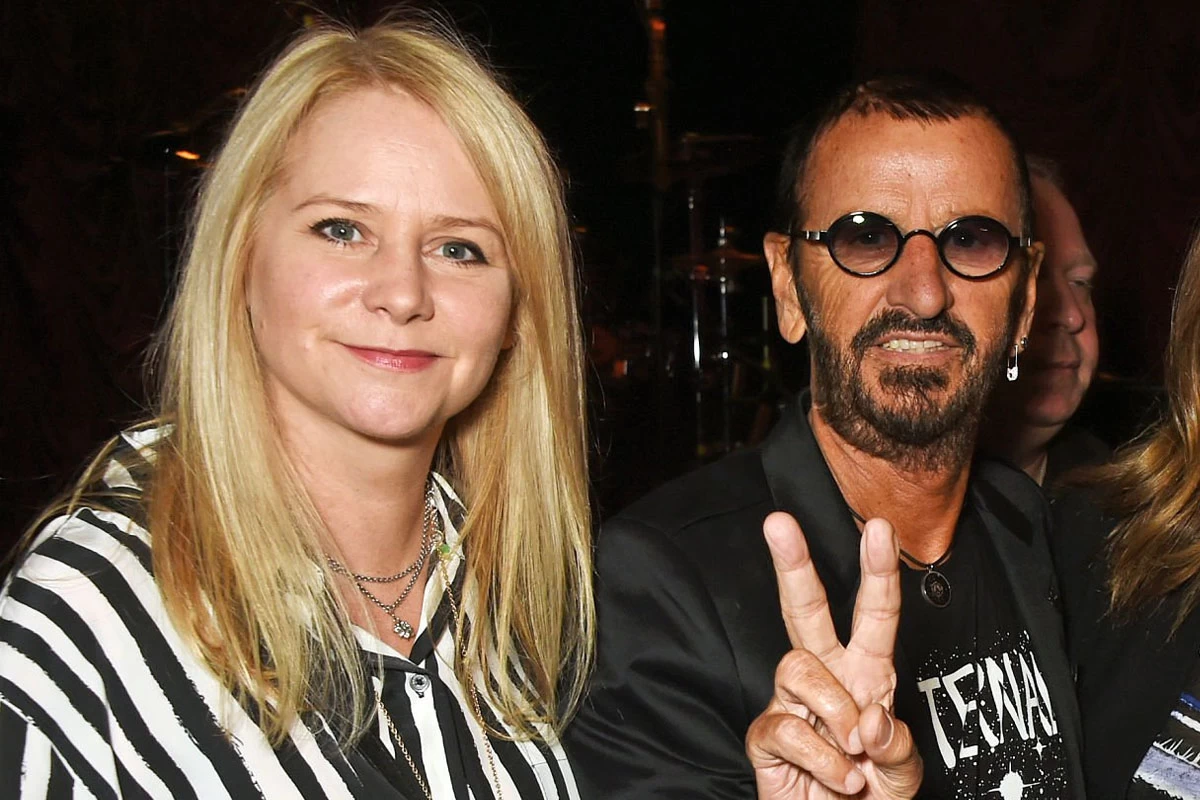Introduction: When Musical Giants Collide
In the golden age of rock ‘n’ roll, two iconic bands stood at the helm of innovation and sonic evolution—The Beatles and The Beach Boys. Though oceans apart, these two musical powerhouses were destined to intertwine. Their relationship wasn’t one of animosity, but rather a rivalry rooted in respect, admiration, and the shared hunger to push creative limits.
The result? A friendly competition that revolutionized pop music, influenced generations of artists, and redefined what an album could be. This is the story of how The Beatles and The Beach Boys brought out the best in each other, creating a melodic arms race that gifted the world with timeless masterpieces.
The Spark: America vs. Britain on the Charts
It was the mid-1960s. The Beatles had ignited a global frenzy with their mop-top charm and electrifying performances. With Beatlemania in full swing, they dominated the UK and were rapidly conquering America.
Meanwhile, across the pond in sunny California, Brian Wilson and The Beach Boys had already carved out a niche with their surf-rock harmonies and nostalgic Americana. Songs like Surfin’ USA and I Get Around defined a generation’s carefree spirit. But when The Beatles crashed the U.S. charts, Wilson took notice—not with disdain, but with determination.
He wasn’t intimidated. He was inspired.
Brian Wilson’s Turning Point: Hearing Rubber Soul
In December 1965, The Beatles released Rubber Soul—a sophisticated, cohesive album that blurred the lines between pop, folk, and introspective lyricism. Gone were the bubblegum love songs. In their place were tracks like Norwegian Wood and In My Life, emotional and experimental.

Brian Wilson called it “a complete statement.” For the first time, he felt outdone—not commercially, but artistically. It lit a fire within him to go beyond catchy hooks and create something deeper.
Thus began the conceptual birth of Pet Sounds, Wilson’s masterpiece.
Pet Sounds: A Love Letter in Response
Released in May 1966, Pet Sounds was The Beach Boys’ most ambitious project to date. It was lush, layered, melancholic, and vulnerable. Tracks like God Only Knows and Wouldn’t It Be Nice showcased Wilson’s genius for emotional resonance and orchestral arrangement.
Paul McCartney later admitted that God Only Knows was one of his favorite songs of all time. He was floored.
And how did The Beatles respond to Pet Sounds?
Sgt. Pepper’s Lonely Hearts Club Band: The Artistic Clapback
The Beatles weren’t about to be outdone. Inspired by the daring innovation of Pet Sounds, they went back into the studio, with George Martin guiding them toward something even bolder.
What emerged was Sgt. Pepper’s Lonely Hearts Club Band in 1967—a psychedelic tour de force that redefined the concept of an album as art. It was an explosion of color, sound, and theatrical brilliance.
While Rubber Soul sparked Pet Sounds, it was Pet Sounds that laid the groundwork for Sgt. Pepper—a creative loop feeding itself, each band upping the other without hatred, only admiration.
The Invisible Collaboration: Mutual Respect Over Rivalry
Many fans and critics like to frame this relationship as a battle of supremacy, but the truth is more poetic. It was a mutual exchange of ideas, wrapped in the unspoken acknowledgment of greatness.
- When Brian Wilson heard Strawberry Fields Forever, he was so moved by its experimental depth that he briefly shelved his own project, Smile.
- When Paul McCartney heard Pet Sounds, he played it over and over in a darkened room, absorbing every sonic detail.
- Even John Lennon, often the more sardonic of the two Beatles frontmen, praised Wilson’s brilliance.
This wasn’t war. It was a conversation in music, where each message inspired a heartfelt reply.
Smile and the Shadow of Perfection
Wilson’s follow-up to Pet Sounds, the legendary Smile, was meant to be his magnum opus. It was ambitious, ahead of its time, and—tragically—never completed in its original form due to personal struggles and studio pressures.
Still, even in its fragmented release years later, Smile is viewed as a work of art that might’ve rivaled anything The Beatles ever did.
Some say if Smile had dropped in 1967 as intended, it would have stood toe-to-toe with Sgt. Pepper, possibly even outshining it. The Beatles and The Beach Boys might have traded yet another round of genius. Alas, it was not to be.
But Wilson’s reach was already etched into Beatles history.
More Than Music: A Legacy That Echoes Today
The artistic rivalry between The Beatles and The Beach Boys wasn’t about selling more records or filling stadiums. It was about redefining what music could be.
- It was about taking pop from “she loves you” to “let’s explore the corners of the soul.”
- About moving from 3-chord simplicity to symphonic sophistication.
- About pushing emotional and technical boundaries not for ego, but for evolution.
Their rivalry fostered a musical culture where artists dared to dream big, treating albums as sacred statements instead of just collections of songs. That spirit lives on in artists today—from Radiohead to Kendrick Lamar—who treat music as an emotional journey.
Social Buzz: Why This Story Still Captivates
On social media, stories of this iconic “rivalry” continue to thrive. Fans post side-by-side comparisons of Pet Sounds and Sgt. Pepper, triggering debates, nostalgia, and reverence.
Music TikTok and Instagram reels are filled with breakdowns of Wilson’s chord changes and Beatles’ vocal layering. YouTubers dedicate hours to dissecting their influence on modern genres.
Why? Because the story is more than just two bands. It’s about the beauty of creative friction, the idea that your best work might come not from isolation—but from admiration of your greatest “competitor.”
Conclusion: Competition as a Catalyst for Art
In a world that often celebrates rivalry through conflict, the story of The Beatles and The Beach Boys is a refreshing reminder: competition doesn’t have to be cutthroat to be powerful.
Sometimes, competition can be quiet, invisible, and profoundly respectful. It can push you to see your own limitations—and to break through them.
The Beatles made the Beach Boys better. The Beach Boys made the Beatles bolder.
And together, they created music that didn’t just dominate the charts—it changed the world.

What’s Next: The Endless Echo
Though both bands have long since stopped recording, the ripples of their “battle of brilliance” continue.
Modern producers cite them. Film scores borrow from them. Bedroom musicians study them.
As long as there’s someone picking up an instrument, hearing Wouldn’t It Be Nice or A Day in the Life for the first time, the invisible dialogue between The Beatles and The Beach Boys will keep playing on.
Because a little competition—especially one rooted in love for the craft—never hurt anybody.


